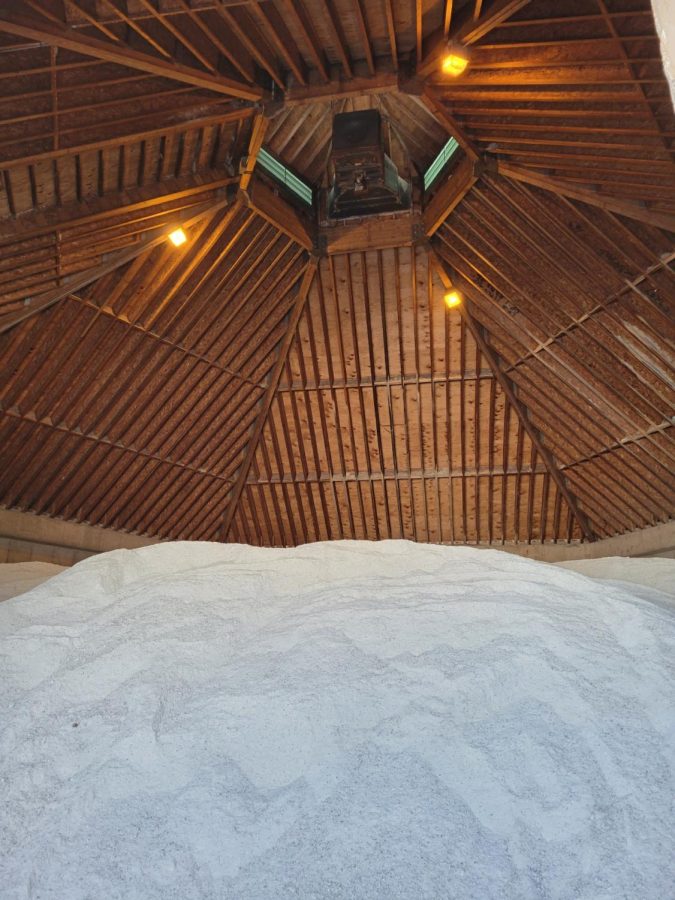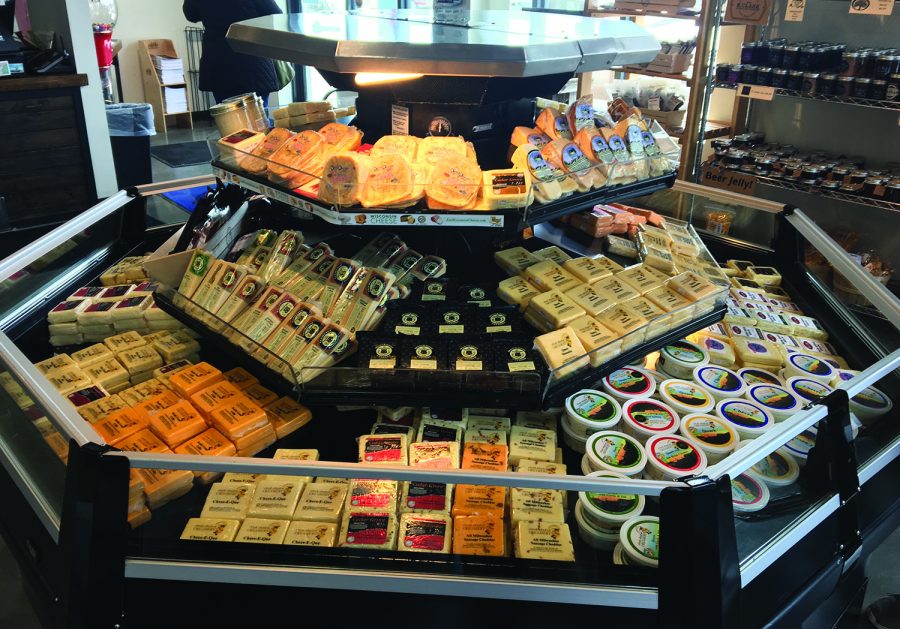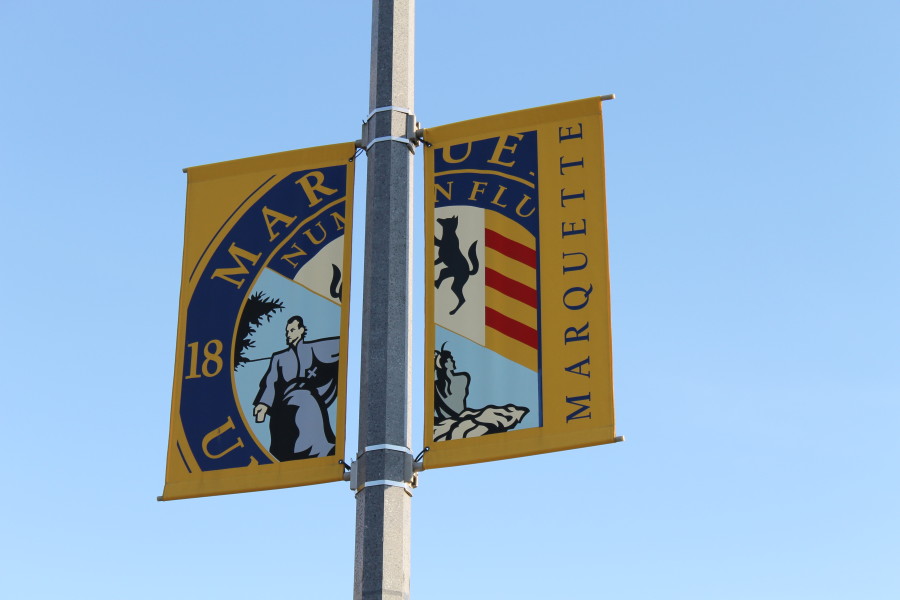Milwaukee is considering a new and unconventional way to unfreeze the streets this winter, using one of Wisconsin’s chief exports: cheese.
According to a report by Milwaukee’s Department of Public Works, the city will start a pilot program to determine whether cheese brine, the waste product left over from making cheese, can be combined with rock salt and applied to the city streets. The report does mention one downside: the cheese brine has an odor.
The report also said Milwaukee, like many other cities, uses rock salt as a primary way to de-ice the roads because it’s plentiful, inexpensive and effective in its purpose.
Jennifer Castilleja, a sophomore in the College of Engineering, said she doesn’t like how Milwaukee uses its rock salt.
“The rock salt is very annoying,” Castilleja said. “It would be enough to use half as much as they do now. It also ruins cars — makes them rust.”
Russ Alger, director of the Institute of Snow Research at Michigan Technical University, said rock salt is still the best option.
“When you look at all the options, a lot of time road salt turns out to be pretty good,” Alger said in the report. “So we keep coming back to road salt. Cost-wise, efficiency-wise, availability-wise, it’s just the best answer. I don’t see it getting replaced for a long, long time, if ever.”
The report mentions that rock salt is effective in de-icing the roads, the salt has a long-term negative effect on the pavement and the environment. Because of these concerns, the report states the city used less and less rock salt last year, decreasing from 100,000 tons of rock salt in 2008 to only 44,339 tons last year.
Polk County in northwest Wisconsin started using cheese brine in 2009, which, according to the Public Works report, saved about $40,000 for the county by using less rock salt in combination with the cheese brine.
Milwaukee experimented with alternatives to rock salt in the past, using things such as salt brine on bridge decks and a molasses-type product to de-ice the streets in 2001.
The molasses ended up being problematic because residents complained about the odor to the Department of Public Works. They also reported the product got stuck to the bottom of their shoes and tracked into homes.
Another failed alternative the city used in recent years was a mix of beet juice and rock salt, but the mix reportedly turned into something like oatmeal in the dispensing trucks.
In order to launch the cheese brine program, the Department of Public Works will have to find a cheese brine supplier and a way to get the brine from the factory to a holding tank. The projected cost of the program, according to the report, is $6,500.








